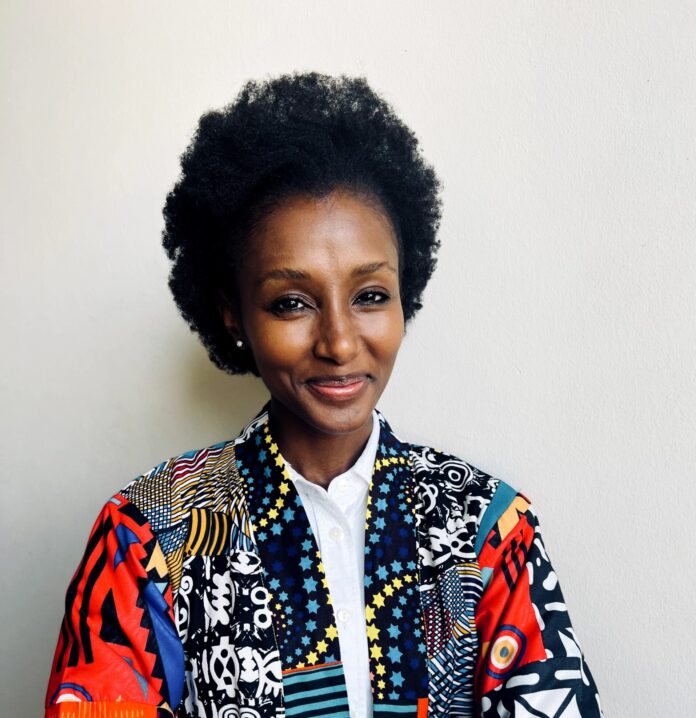Car insurance is more than a price tag. While many of us are tempted to chase low prices by hopping from company to company when annual increases happen, there is a good argument to be made for the power of patience.
“This feeling is understandable because we all love the idea of paying less,” says MiWay Blink Head Keletso Mpisane. “But we should be thinking about car insurance as a relationship and with any relationship, trust and familiarity takes time to build.”
To figure out if it is the right time to switch providers, here are four questions worth asking yourself.
Have you done all your research about other insurers?
When it comes to insurance, the fine print matters. Have you taken enough time to familiarise yourself with what other companies are offering?
“Just because they are offering a lower premium, does not mean they have your best interest at heart,” says Mpisane. She points out that when you get a quote there are additional factors to consider.
In the event that you need to claim how much excess will you pay compared to your current provider? Is the excess fixed or is it a percentage of the value of the claim? Are you getting free emergency assistance when you need it and are there any exclusions to the cover?
Mpisane advises that, “you should get lots of quotes, but it is important to compare apples with apples when it comes to insurance.”
Review platforms or comments on the company’s social media pages are great places to assess the quality of its customer service, or its track record with paying claims.
Can you negotiate with your current provider?
Sometimes we feel pushed to make a change because we have fallen on hard times. Between rising fuel costs, car and home instalments and emergencies, it is understandable that people are on the lookout for saving in the short-term.
Before you switch, go over your current policy and get in touch with your insurer to find out about potential discounts.
“When you get in touch, you want to ask what factors contribute to your premium,” says Mpisane. “Should you have gone more years with a good driving record since your policy started, your insurer might be willing to offer you a lower rate.”
“Speaking to your insurer is the best way to be sure if you really need to change,” she adds.
Should you switch but want to change back after a month, you might not get the same deal.
Have you considered what you get with your cover?
Do you know what kind of insurance you have and what it means? What are your non-negotiables when it comes to car cover? Knowledge is power in these cases.
Generally, you get comprehensive cover, which is the best insurance level as it covers damage to your vehicle, other cars, fire or natural disasters and theft or hijacking.
Third party, fire and theft cover may be cheaper,here you are covered for what happens to other cars and get protection for somethings that may happen to your car. Then you get third-party cover which is cheaper but will only cover damage to other cars if you are involved in an incident.
“Being clear on what you are currently covered for can save you from headaches,” says the MiWay Blink head. “If there are perks or rewards you have worked towards for years, you should consider if they are worth letting go of.”
Will the change bring peace of mind?
Changing insurers is not a bad thing,it can come with better rates and better service depending on your preferences. However, there are times where it might be the wrong choice for you, and the pain of a bad decision can end up costing you more in the long run.
In conclusion Mpisane’s advice is to, “always go with an insurer who gives you peace of mind and leaves you feeling like a valued customer.”

